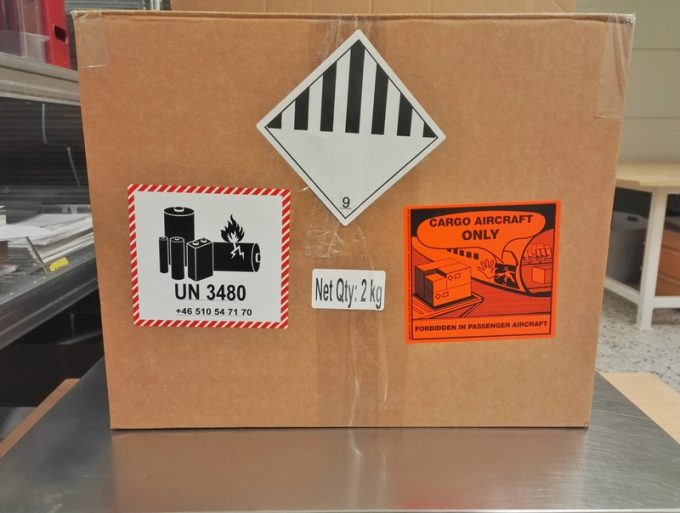Pharma and perishables market 'more reliable' than ecommerce, says Etihad Cargo
Etihad Cargo plans to focus on “pharma, hi-tech, and perishables” – in that order – ...

Some 40% of e-commerce shippers are unaware of dangerous goods regulations – “a very alarming” situation, revealed by an IATA shipper survey.
In a month which has already seen two aircraft crashes, and yesterday a Grimaldi ship sank after containers caught fire, dangerous goods are coming under ...


Comment on this article
Archie D'Souza
March 14, 2019 at 12:36 pmWhile the burden of compliance is with the shipper, the carrier too has the responsibility of ensuring that the regulatory measures are complied with. Dangerous goods must be packed and packages marked and labelled as per DGR Manuals. Otherwise they should not be accepted for shipment.